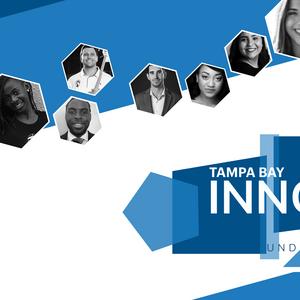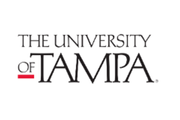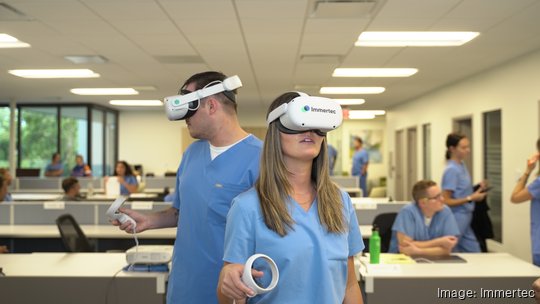
The National Institutes of Health has awarded $1.6 million to a research project from Tampa virtual reality company Immertec and the USF Health Center for Advanced Medical Learning and Simulation.
The initiative is a two-year study looking to improve medical training access to health care professionals in rural areas, and the money comes from a small business innovation grant program. The study seeks to close gaps in health care access by sharing high standards of medical training — as well as instruction with mentorship — through Immertec's virtual reality platform.
"This collaboration with USF Health CAMLS and the support of the NIH is a pivotal step toward achieving our vision of making cutting-edge medical education accessible everywhere," Erik Maltais, CEO of Immertec, said in a prepared statement. "Our immersive VR technology is not just a tool, it's a bridge connecting rural health care professionals to the latest advancements in medical care."
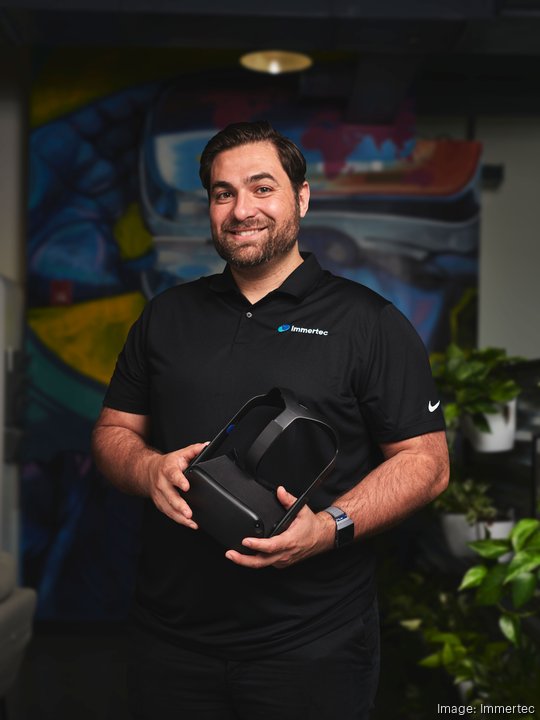
Two accredited family medicine residency programs in "underserved," rural Florida areas have agreed to participate in the study. The project also will focus on emergency obstetrics training, according to a press release.
CAMLS — one of the largest advanced medical simulation facilities in the country — will provide the training. Immertec provides the technology to make it possible, Maltais told the Tampa Bay Business Journal.
“This partnership demonstrates the power of collaboration among private and public academic organizations to advance patient care in our communities and the success of the growing Tampa Medical and Research district in downtown Tampa," Haru Okuda, the CEO and executive director of USF Health CAMLS, said.
Tampa-based Immertec is a software company that was founded in 2017. Its platform is a sophisticated version of a connectivity platform, like Microsoft's Teams, for medical devices and virtual reality headsets. The platform's niche is creating, compressing and delivering high-resolution 3D content with low bandwidth. Using Immertec's software with VR headsets, participants can see first-person views of live surgeries or follow the operations in the room, like observing medical imaging from nearby devices.
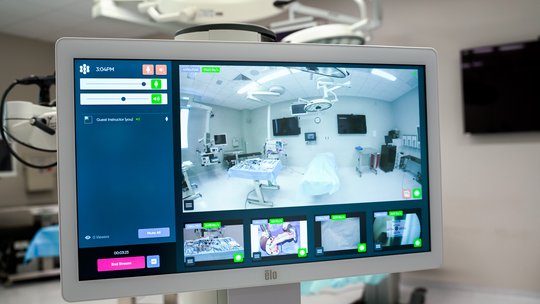
The partnership with CAMLS and the National Institutes of Health also continues a research collaboration between the two organizations. In 2020, Immertec started to collaborate with CAMLS in a research agreement. Then, in 2021, it was awarded a $150,000 small business innovation research grant from the National Institutes of Health to study the efficacy of Immertec's virtual reality technology while bringing headsets to students.
The new research signifies Immertec has been commercialized and is clinically accepted, which can take longer in the medical space. It also means the company is closer to reaching profitability, finding product market fit and applying its technology to other fields — and potentially scoring an exit in several quarters, Maltais said.
"This recent NIH grant [continues] to validate us," Maltais said. "We believe the science is really important, especially as we're not quite a medical device company ourselves, but we are in the health tech space. And providing true evidence is key."
Immertec saw rapid growth during the Covid-19 pandemic. It closed a $12 million Series A funding round and began an investing relationship with AOL co-founder Steve Case after a $100,000 investment from the Rise of the Rest tour in 2019. At one point, it was slated to compete in SXSW before the Austin festival was canceled because of Covid-19.
Since then, it has quietly closed an updated Series A-1 round, bringing the total raised to nearly $30 million, Maltais said. It has also expanded nationwide, developing clients at colleges like Stanford University and Emory University.
But along the way, Okuda and the CAMLS center have supported Immertec, Maltais said. He remembers sitting down for a conversation in 2019 and thinking how rare it is to find someone who is supportive and actionable toward innovative medical simulation. CAMLS has stayed true to the promises made at the meeting, Maltais said.
"[Okuda] has no reason at all to give us credibility, no reason to believe, other than a true understanding of our mission and believing that it's worth taking the risk," Maltais said. "And he made a statement to his entire team that [the 2019 sit down] isn't going to be a meeting where we just talk about something. This is going to be a meeting where we take action, and we actually make something happen."

